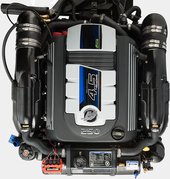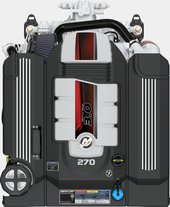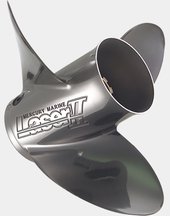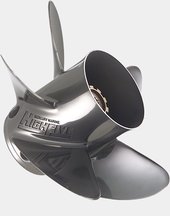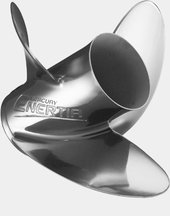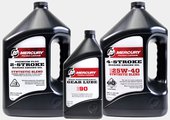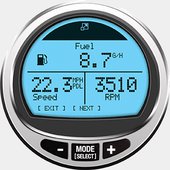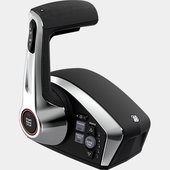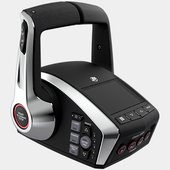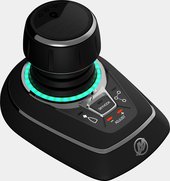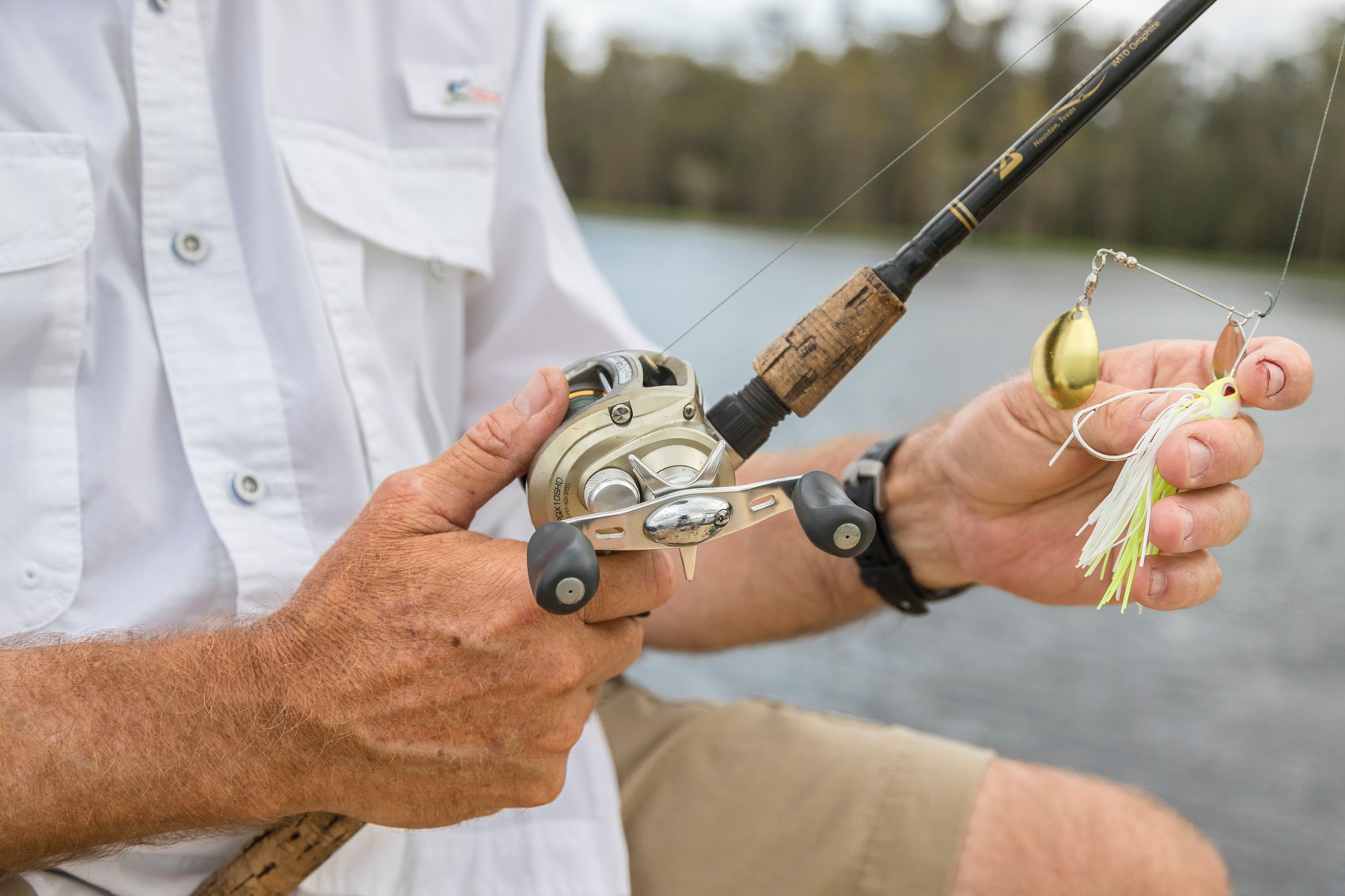
Boat Safety Tips for Anglers
More than any other metric, getting home safely is the largest gauge of success.

Few hobbies are as relaxing, competitive, fun, and family-friendly as fishing. But a successful trip on the water for anglers is much more than catching the largest fish of the day. More than any other metric, getting home safely is the largest gauge of success.
The enjoyment you experience can continue without interruption if you focus on aspects of safety for you and your passengers. Although basic boating safety principles apply to anglers, fishing-specific tips can make your trip as enjoyable as can be.
Let someone know where you’re fishing
Before you ever leave the dock, ensure someone knows where you plan to go. Although your plans may change throughout the day, a trusted person should be given any details that can help in case you don’t arrive back on time. Give them a “float plan” – a rough course of where you intend to be that trip – and a list of who is going with you, and when you plan to arrive back. They should also know what your tow vehicle and trailer look like, and where you’ve launched.
Wear a personal flotation device
Whether you’re a strong swimmer or you sink like a stone, wearing a lifejacket or PFD whenever you’re fishing will help keep you safe. It doesn’t take much to fall overboard as you cruise from fishing spot to spot, or a poorly positioned anchor rope could cause you to trip over the rail.
Standard foam lifejackets have done the trick for years, but an automatic inflatable lifejacket can reduce the bulk and fit under your slicker, protecting you without interfering with your cast. If you’re using an automatic lifejacket, adhere to regulations and have it checked or serviced by an authorized service dealer periodically.
Keep your hooks and lures stashed safely
Although it’s handy to have your favourite lures within grasp on the console, it can become a hazard if it falls to the floor and gets stepped on or snags someone when it bounces out of a cupholder over a wave. Tackle trays should be used to keep hooks and lures organized, and to prevent an accident where someone needs a hook extracted. Ouch!
Keep the deck uncluttered
A leading cause of accidents on the water while not in motion is from gear strewn about. Whenever your fishing gear is not in use, stow it safely. Tripping on the anchor rope or spare rods can lead to any number of injuries, especially if the deck is a little wet. As a rule, put gear away as soon as it’s no longer in use – even for commonly used items.
Take a fishing buddy
It’s always recommended to take someone with you when you head out fishing. It’s best to have a second person aboard in case of a medical event, you run out of gas, or you lose your bearings. But since angling is often a sport done solo, you might find yourself alone on the boat, making it even more important to adhere to safety protocols.
Have a safety kit
Hook extractions, cuts, unexpected breakdowns, and other situations befall any angler at some point. A safety kit including first aid equipment, a bail bucket, rope, candles, and other emergency equipment can keep you safe when something doesn’t go according to plan.
Wear the lanyard
Boats are equipped with a lanyard to kill the engine when dislodged, and for great reason. Imagine you bump the throttle lever as you drop a line down during low-speed trolling. The boat lurches forward and you tumble to the side or the back. If you aren’t wearing the lanyard, you’re overboard. With it clipped on, the engine immediately stalls and you might be bruised, but you aren’t wet.
Install the 1st Mate system
It's still mandatory to wear the lanyard in the EMEA, yet you can double up on safety with the 1st Mate system for the best in protection. Should the captain go overboard, it kills the engine and can notify your emergency contact.
In fact, boat safety is enhanced all around when you have the 1st Mate system installed in your vessel. With the capabilities to cut the engine along with a Man Overboard (MOB) emergency signal, pinpoint your exact location via GPS, trigger an emergency notice to an onshore contact, and enhance boat security, it’s the perfect system to keep safety at the highest level on every trip.
Stay safe on the water. Install the 1st Mate Safety and Security system and equip the captain and passengers with wearable fobs. To find out more or to locate a dealer, click here.


